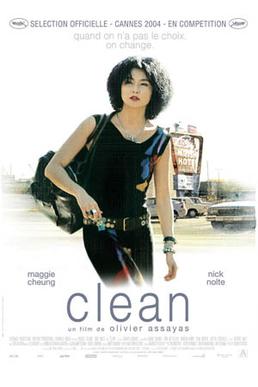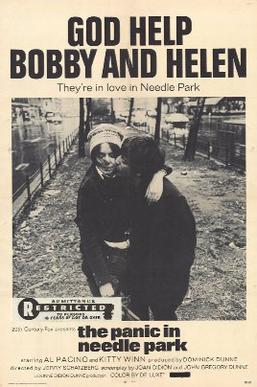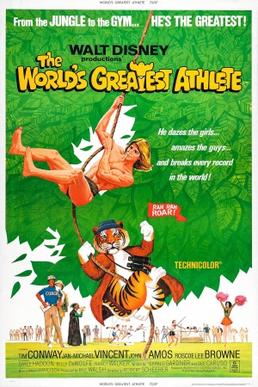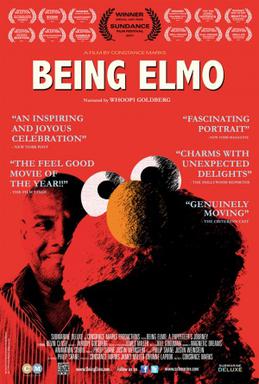
Trainspotting is a 1996 British black comedy-drama film directed by Danny Boyle and starring Ewan McGregor, Ewen Bremner, Jonny Lee Miller, Kevin McKidd, Robert Carlyle, and Kelly Macdonald in her film debut. Based on the 1993 novel of the same title by Irvine Welsh, the film was released in the United Kingdom on 23 February 1996.

Trainspotting is the first novel by Scottish writer Irvine Welsh, first published in 1993. It takes the form of a collection of short stories, written in either Scots, Scottish English or British English, revolving around various residents of Leith, Edinburgh who either use heroin, are friends of the core group of heroin users, or engage in destructive activities that are effectively addictions. The novel is set in the late 1980s and has been described by The Sunday Times as "the voice of punk, grown up, grown wiser and grown eloquent".

Robert Carradine is an American actor. A member of the Carradine family, he made his first appearances on television Western series such as Bonanza and his brother David's TV series, Kung Fu. Carradine's first film role was in the 1972 film The Cowboys, which starred John Wayne and Roscoe Lee Browne. Carradine also portrayed fraternity president Lewis Skolnick in the Revenge of the Nerds series of comedy films.

Clean is a 2004 drama film directed by French director Olivier Assayas, starring Maggie Cheung and Nick Nolte. It was jointly funded by Canada, France, and United Kingdom sources. It was released in the United States in 2006.

Pusher is a 1996 Danish crime thriller film co-written and directed by Nicolas Winding Refn, in his film debut. A commercial success considered to be influential in Danish film history, it marked Mads Mikkelsen's film debut.

Roscoe Lee Browne was an American actor and director. He resisted playing stereotypically black roles, instead performing in several productions with New York City's Shakespeare Festival Theater, Leland Hayward's satirical NBC series That Was the Week That Was, and a poetry performance tour of the United States in addition to his work in television and film. He is perhaps best known for his role as Saunders in Soap (1979–1981).

The Cowboys is a 1972 American Western film starring John Wayne, Roscoe Lee Browne, and Bruce Dern, and featuring Colleen Dewhurst and Slim Pickens. It was the feature film debut of Robert Carradine. Based on the 1971 novel of the same name by William Dale Jennings, the screenplay was written by Irving Ravetch, Harriet Frank, Jr., and Jennings, and the film was directed by Mark Rydell.

Shirley Clarke was an American filmmaker.

The Panic in Needle Park is a 1971 American drama film directed by Jerry Schatzberg and starring Al Pacino and Kitty Winn. The screenplay was written by Joan Didion and John Gregory Dunne, adapted from the 1966 novel by James Mills.

Until Death is a 2007 American vigilante action film starring Jean-Claude Van Damme and directed by Simon Fellows. It was released direct-to-DVD on April 24, 2007. Van Damme plays Anthony Stowe, a corrupt police detective addicted to heroin whom everybody hates. After being shot in a gunfight, he falls into a coma. Months later, he recovers and decides to use his second chance at life.

The World's Greatest Athlete is a 1973 American sports comedy film directed by Robert Scheerer and starring John Amos, Roscoe Lee Browne, Tim Conway, Dayle Haddon, and Jan-Michael Vincent. Released by Walt Disney Productions, it is one of the few wide-release Hollywood sports films to look at the world of track and field. In the film, two coaches make use of a jungle boy and have him make history by winning every event at the NCAA Track & Field Championship. The screenplay was by Dee Caruso and Gerald Gardner who also did a novelisation of the film. This film was also one of Billy De Wolfe's final roles before he died the following year.

Christiane F. is a 1981 German biographical drama film directed by Uli Edel that portrays the descent of Christiane Felscherinow, a bored and depressed 13-year-old growing up in mid-1970s West Berlin, to a 14-year-old heroin addict. Based on the 1978 non-fiction book Wir Kinder vom Bahnhof Zoo, transcribed and edited from tape recordings by Kai Hermann and Horst Rieck, the film immediately acquired cult status and features David Bowie as both composer and as himself. In 2013, Felscherinow published her autobiography Christiane F. – My Second Life.
Jack Gelber was an American playwright best known for his 1959 drama The Connection, depicting the life of drug-addicted jazz musicians. The first great success of the Living Theatre, the play was translated into five languages and produced in ten nations. Gelber continued to work and write in New York, where he also taught writing, directing and drama as a professor, chiefly at Brooklyn College, City University of New York, where he created the MFA program in playwriting. In 1999 he received the Edward Albee Last Frontier Playwright Award in recognition of his lifetime of achievements in theatre.
The Connection is a 1959 play by Jack Gelber. It was first produced by the Living Theatre, directed by Living Theatre co-founder Judith Malina, and designed by co-founder Julian Beck. The play has a play-within-a-play format, with characters Jim Dunn as the "producer" and Jaybird as the "writer" attempting to stage a production about the underbelly of society using "real" addicts. Some of the addicts are jazz musicians. They all have one thing in common: they are waiting for their drug dealer, their "connection". The dialogue of the characters is interspersed with jazz music. The music for the original production was composed by jazz pianist Freddie Redd.

The Liberation of L.B. Jones is a 1970 American neo noir film directed by William Wyler, his final project in a career that spanned 45 years.
Garry Goodrow was an American actor known for his role in the original stage production of the Obie Award-winning play The Connection (1959) and its 1961 film version, and as one of the original members of The Committee improvisational group. In The Connection, Goodrow played the young, intense, morose, would-be jazz musician Ernie, a heroin addict whose horn is more often than not at the pawn shop.
Carl Lee was an American actor. His father was actor/professional boxer Canada Lee.

Being Elmo: A Puppeteer's Journey is a 2011 American documentary film about Kevin Clash, the puppeteer behind the Sesame Street character Elmo who became a rising star and created a global sensation. “Being Elmo: A Puppeteer’s Journey” was one of the most talked about documentaries coming out of the 2011 Sundance Film Festival.

The Pusher is a 1960 American crime film directed and co-produced by Gene Milford and written by Harold Robbins. The film stars Kathy Carlyle, Robert Lansing, Felice Orlandi, Douglas Rodgers and Sloan Simpson. The film was released in February 1960, by United Artists.

Bluff is a 2022 independent neo-noir crime thriller film written, directed, filmed, edited and produced by Sheikh Shahnawaz. It tells the story of a London police officer who goes undercover as a heroin addict in a small English town and manipulates an unsuspecting local junkie into working with him for a dangerous drug dealer.















